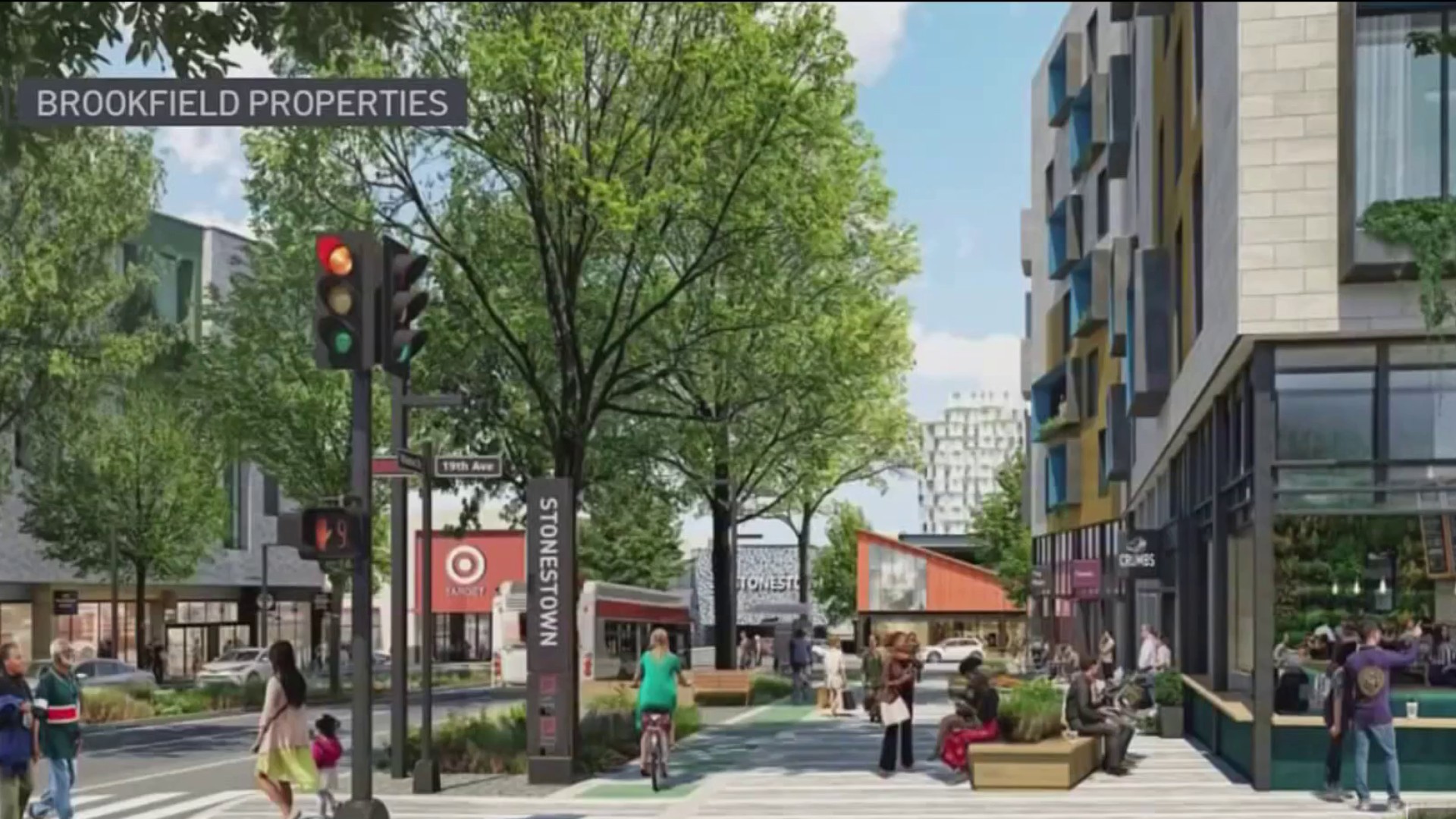A summer heatwave is about to rear its head this week with temperatures soaring into the 90s and even triple digits.
It came too late for most students who are already back in class.
NBC's Rob Mayeda said it might be the hottest temperatures of the year with several cities topping 90 degrees between now and Wednesday.
"We're finally seeing a strong ridge of high pressure over Northern California," Mayeda says. "This warming, sinking air aloft and very little sea breeze equals hot temps inland and worsening air quality. Spare the Air days seem likely through at least midweek."
There will be no real relief on the coast as Santa Cruz is also supposed to get into the high 80s.
It's so hot the National Weather Service announced an excessive heat watch for Tuesday which is expected to be the hottest day of the week.
It is also a Spare the Air day. The Bay Area Air Quality Management District issued its first smog alert of this summer saying air quality is expected to be unhealthy.
Local
Air quality has been healthy most of the summer because of the unseasonably cool weather, Air District Executive Officer Jack Broadbent said.
"Its pretty amazing to have your first Spare the Air Day in late August," Mayeda added. "Our unusually strong sea breeze and deep marine layer has prevented our temperatures from warming up that much this Summer so far, but provided the benefit of limiting ground level ozone from forming."
Mayeda says the "smog" you see in the skies over the next few days is like a chemical soup that reacts with sunlight to produce ground-level ozone, an invisible gas near ground level that can act as a lung/respiratory irritant.
The Air District issues Spare the Air advisories to warn people of unhealthy levels of smog, which can cause throat irritation, congestion and chest pain. High levels of ozone pollution are particularly harmful for young children, seniors and people with respiratory and heart conditions.
During hot weather and Spare the Air days, you are supposed to drive less and reduce your energy use. You have to do it on your own dime though. There is no free transit available as in years past.
Given the heat around the Bay Area next few days -- maybe these clips of snow/glacier capped mountains in Alaska will cool your online senses. Rob Mayeda just returned from a visit there.



